Blogs
When treating bipolar disorder, I think it's critical to gain bipolar mood stability first and only then tweak up or down as needed. That means that if you're in a depression right now (and let's face it, that's when people seek help the most), the goal isn't to treat depression, per se, but rather to gain bipolar stability. Of course, I'm not the only one who thinks this. The esteemed psychiatrist Dr. Jim Phelps agrees: treatment should focus on bipolar mood stability first.
I have a long history with perfectionism. In fact, I cannot recall a time in my life when this fixation wasn't driving my performance and achievements. I suspect this is one reason I have always been drawn to activities or pursuits that measure excellence in visible, quantifiable terms. In school, I only accepted straight A's. In athletics, I gravitated to sports like archery, where I could aim for the center of a literal bullseye. And in my career, I have turned to writing—a skill based on technical precision. But as I continue to heal my thoughts and behaviors from the residue of anorexia, I am learning to appreciate that eating disorder recovery is not about perfection.
It can be discouraging for many individuals to move away from and heal from verbal abuse once they realize the journey is not straightforward. Unlike overcoming other life obstacles, recovery from verbal abuse may present setbacks, leaving an individual with lost hope for a healthy relationship. Although the process may not be as simple as avoiding an abuser, it is possible to hold meaningful connections with others.
In my experience, the worst part of schizophrenia is having episodes of psychosis. Losing touch with reality can be terrifying. For me, psychosis always involves hearing voices, delusions, and paranoia. I usually stop eating, which most likely makes the symptoms more severe. To complicate my experience with psychosis is a symptom called anosognosia.
As a writer, I’ve found creativity is one of the first things to be affected when my depression rears its ugly head. Depression makes it harder to motivate myself to write and harder to express my unique creative voice—the thing that brings me the most joy.
You may have heard some variation of the famous saying, "perspective is everything." While many people believe this is a good life philosophy, I disagree. Perspective is vital, but it is not everything.
As I tried to come up with a topic for this blog, my mind spun a web of negative thoughts. I realized that the deadline for publication was looming. Like many weeks, I scolded myself for procrastinating. Then I started thinking about unrelated issues like my work performance, unmet goals, rejection, friendships, and relationships. Depression tortured me with lies that I will reveal in this post. Here are five of the lies my depression has told me and what I have learned from them.
I’ve never described it in these terms, but I hacked my skin-picking disorder. It used to control every aspect of my life—physically and emotionally—and I was certain I’d suffer forever. Today, I can share with you that this is far from reality. I might have skin-picking disorder, but it doesn’t have me.
For a very long time, I wasn’t comfortable with myself. During my journey to healing, I quickly realized that it’s a lot easier for us to make friends with strangers than our own selves. It took me such a long time to make friends with myself and slowly learn to love who I am. Now that I’m here, I hope to help as many people as possible find their way to self-love.
Recently, I have noticed a disturbing diet-talk trend whenever I am with a group of women. Last week, for example, someone at my job said they eat less than 1000 calories while dieting. Another is preparing for her upcoming wedding by eliminating all carbohydrates. Constantly, I hear things like, "I'm trying to be good, so I'm not eating sugar," or "I was so bad last night because I ate ice cream."
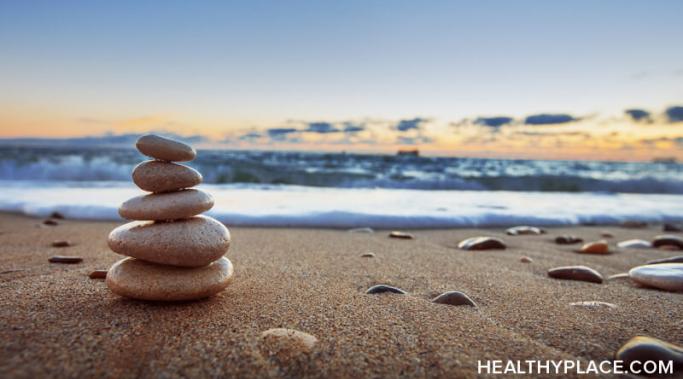
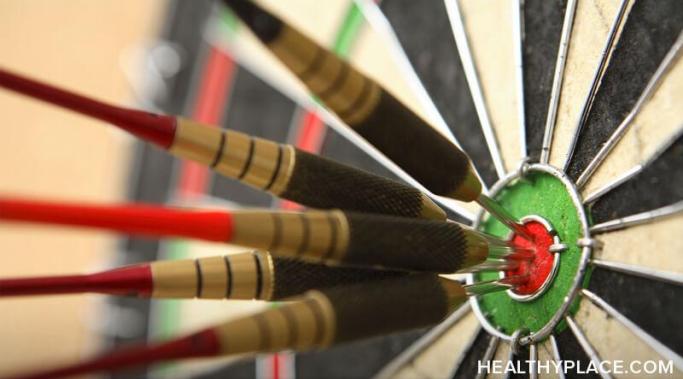
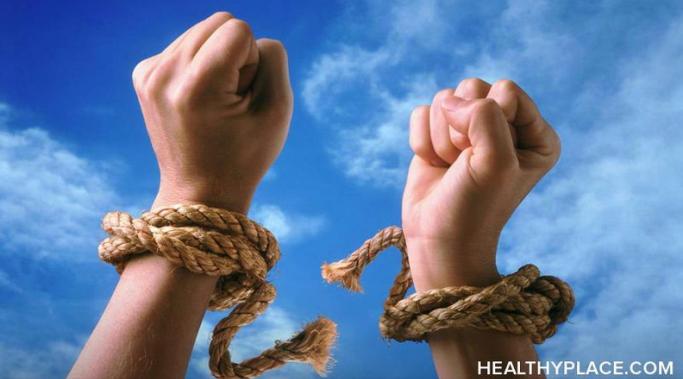
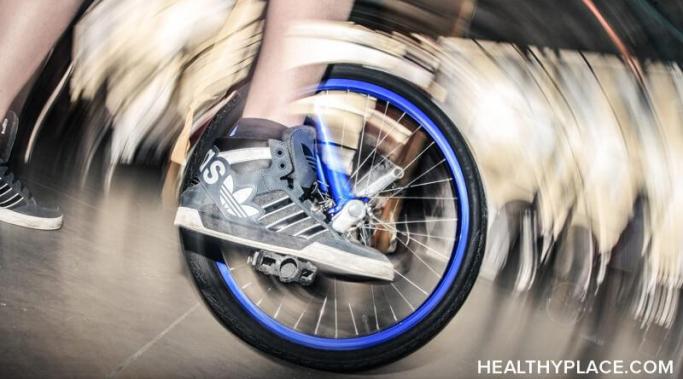

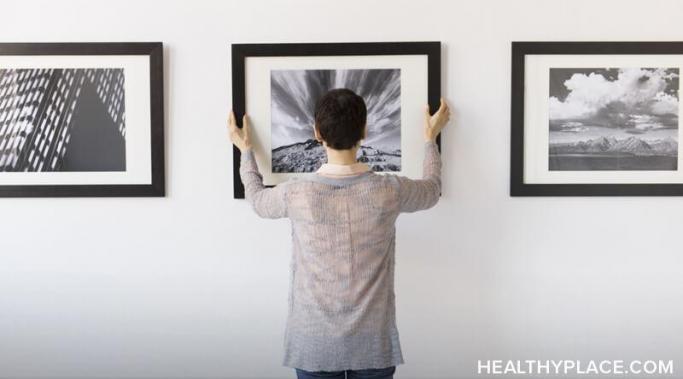



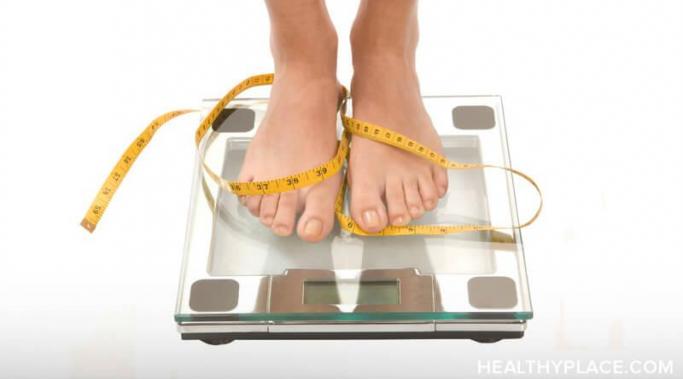
I just want to say that what you are talking about in your videos resonates with me, and that gives me comfort. I was diagnosed with ad(h)d about a month ago, and it threw me into an identity crisis and deep anxiety. The reason I wanted to get the diagnosis was to gain a deeper understanding of myself. But getting the diagnosis felt like a label on my forehead saying broken /disordered. I stigmatized myself heavily. Now I'm not thinking about the diagnosis every minute and try not to Google every day. I will make this an opportunity to cut myself some slack and give myself some self compassion, but it will take time and practice, I think. I have friends with the diagnosis, but it seems like they didn't take it so "heavily" - but that's me.
So reading about your experience was sort of comforting, to know that there is someone out there who has experienced a similiar reaction. I also recognise the feeling of polishing up and wanting to be "normal", not have depression and anxiety etc. But now that I know that it might be because of how my brain works and not that I'm just being "weak", maybe I will be able to accept myself better from here on. Maybe I'm much stronger that I think? So thank you from the bottom of my heart for sharing <3
Believe me, if you are holding down a demanding job, being a wife and mother (no matter how well or badly you think you are doing this), then you are doing, very, very well! And even if you're not, you are still doing SO much successfully.
I live in a rural area as well and it makes so many things harder. Keep advocating for yourself with therapy and doctors! Because of the pandemic and virtual therapy, we have SO many more choices! Look for someone who really focuses on ADHD and Cognitive Therapy.
I have felt my whole life that there was something wrong with me, but I didn't know it was ADHD. I just felt broken, a scatter brain, undisciplined, etc. I finally was diagnosed this year at the age of 57. It's going to take a while to undo the low self esteem issues.